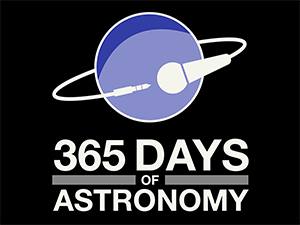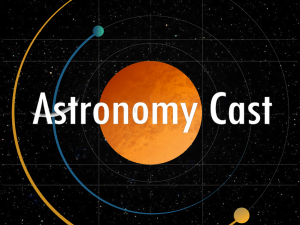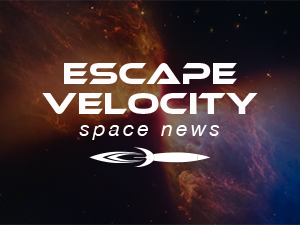
The Southern Illinois University Edwardsville (SIUE) Center for STEM Research, Education and Outreach comprises an independent group of researchers and educators, innovating ways to engage students and the public in science, technology, engineering and math (STEM). Within the SIUE Graduate School, the STEM Center @SIUE brings together research faculty, graduate students and practitioners to conduct education research.
The STEM Center is the base of operation for Dr. Pamela Gay, CosmoQuest Project Director and SIUE assistant research professor. Helping her administer the program is business manager Dawn Olive (the keeper of the paperwork), and the team is hiring a project manager and office support person to help keep everything across this 9 institute project running smoothly.
CosmoQuest’s software is also being developed out of SIUE under the leadership of Cory Lehan. This includes the software that enables everyday people to help NASA scientists make new discoveries. Called Citizen Science Builder, this software is getting ready for a big new upgrade, and we hope to recruit some of you in May to help with the testing. CSB has already helped the New Horizons team find Kuiper Belt Objects, and have helped researchers map out the Moon, Mars, Mercury, and Vesta. Along with writing CSB, the SIUE team also maintains our forums and blogs.
SIUE’s STEM Center is also taking the lead in developing curriculum for CosmoQuest. Georgia Bracey runs our Educators’ Zone, and works with a team that includes folks from ASP, PSI, and InsightSTEM. With help from our graphics designer, Austin Hinderliter, this team will be putting together rich curriculum education that gets the kids engaged in active learning.
These teams of cat herders, programmers, and educators have been at the heart of CosmoQuest since its launch in 2012 (with some changing faces as folks have graduated and moved on.) Today, CosmoQuest has grown beyond these core groups, as we’ve defined new ways to help you learn and do science. In the next issue, we’ll introduce you to a collaborator that joined us in 2013, the Planetary Science Institute.



